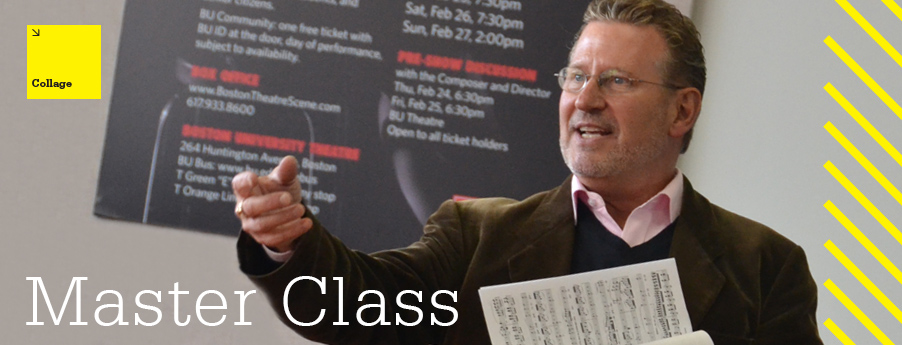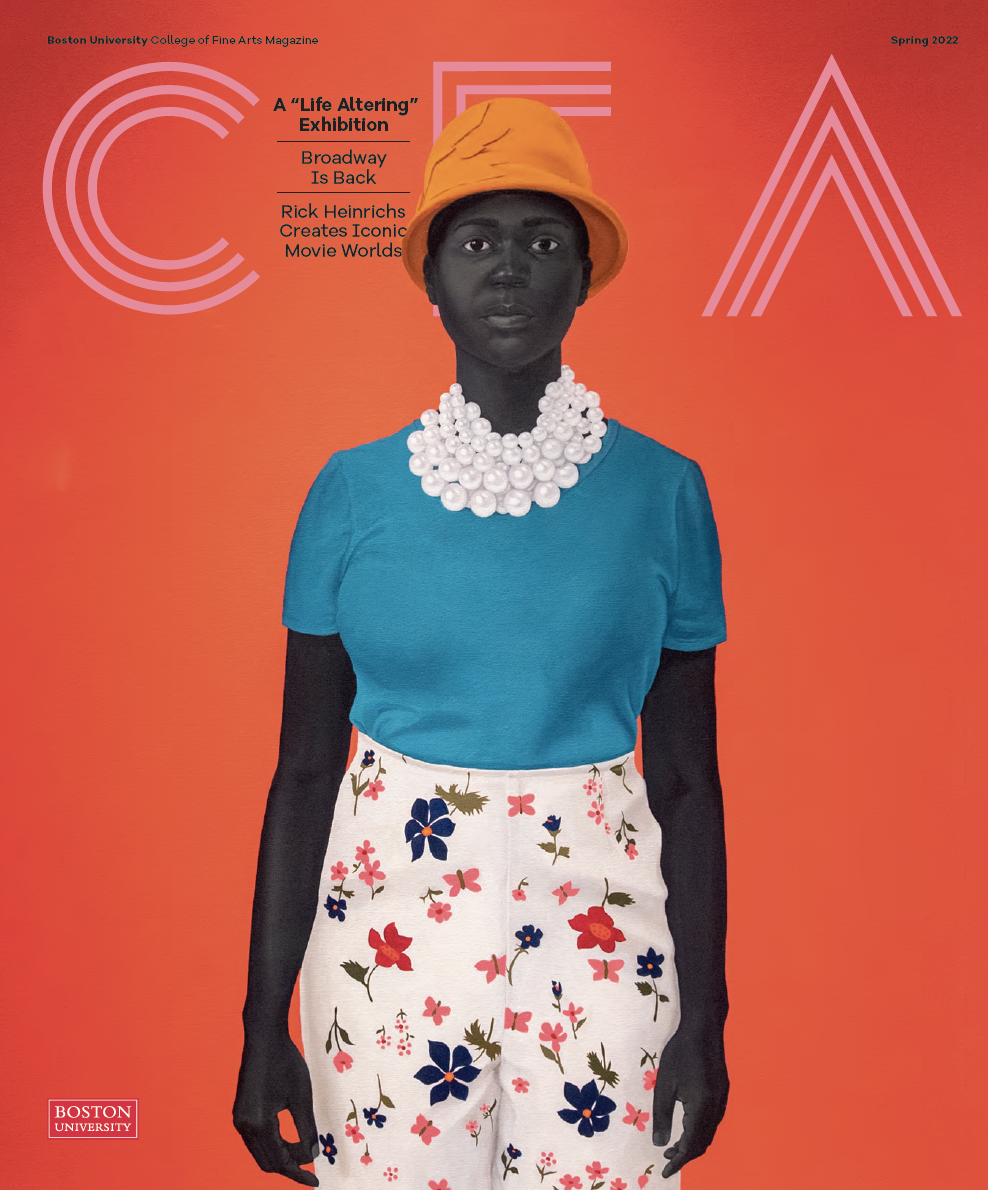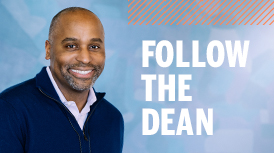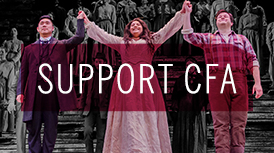Master Class
By Rachel Johnson | Photo by Oshin Gregorian
“I fell into the world of opera,” says David Kneuss (’70), executive stage director of New York’s Metropolitan Opera. Although he began his professional life as an actor, the School of Theatre graduate quickly moved into directing, staging hundreds of operas around the world during his 35-year career. In 2012-2013, he returned to CFA for two residencies in the Opera Institute.
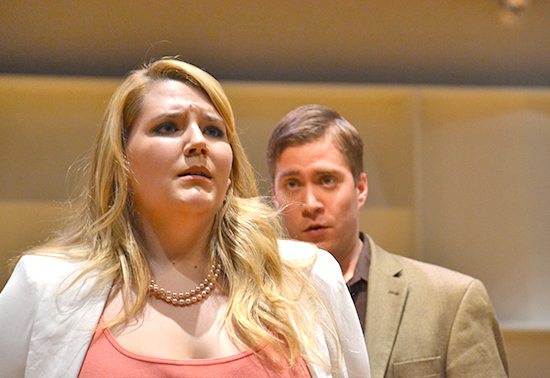
David Kneuss (’70) staged the first two acts of the Marriage of Figaro with tag-team casts. Photo by Oshin Gregorian
What was your favorite residency moment?
We staged the first two acts of the Marriage of Figaro with tag-team casts—starting with one group of singers and then trading off to another—so I was able to work with a number of students. One of our Counts was a wonderful bass baritone, and in the second act, he switched to playing Antonio, the drunk gardener. This student was very refined and careful. The day of the performance, I told him to come in with a mouthful of crackers and blurt out his lines. He walked onstage and opened his mouth, and crackers flew all over the place. Nobody was expecting it—and it was perfect. I need to be just a little outrageous with these students to get them out of their comfort zones.
You regularly stage operas in Japan. How are Japanese and US audiences different?
Japanese audiences are very polite. They don’t applaud until the end, when they go completely crazy. They’re very serious and knowledgeable about opera, and they almost never go to see an opera for the first time without having listened to it first. It’s quite thrilling.
Does education help audiences appreciate opera?
You could go to an elementary school in Japan, and every kid is playing the violin. Japan figured out that learning music helps you learn other things. And I think it becomes very obvious when you compare their tremendous emphasis on musical education to the deterioration of music education in this country.
“In this social media world, things have to be instantaneous. There’s nothing instantaneous about opera…I think once we get an audience in the seats, though, they’re usually pretty happy with the show.”—David Kneuss
How has opera changed in the last 35 years?
It’s harder to get an audience now. When I first came to the Met, we never had to buy ads and the opera was still 97 percent sold-out every night. Now we spend a lot of money on publicity and we struggle to fill the seats. They say it’s because the graying population of opera-goers is dying off. But you know, there are always more people getting gray; it’s just that priorities change. I think they change because there’s not much music education in schools, and in this social media world, things have to be instantaneous. There’s nothing instantaneous about opera. It takes an attention span that people don’t seem to have as much anymore. I think once we get an audience in the seats, though, they’re usually pretty happy with the show.
Was there a moment with opera when you thought, “This is why I wanted to do this”?
The first production I worked on was a live telecast of Tosca, with Luciano Pavarotti and Shirley Verrett. It was my first job as assistant director, the director left, I was suddenly in charge, and we were sending this television show out live to the world. I remember walking home afterward thinking I’d landed on the moon. I found out later that more people saw that telecast than had ever seen the opera before in history. That was a defining moment.

